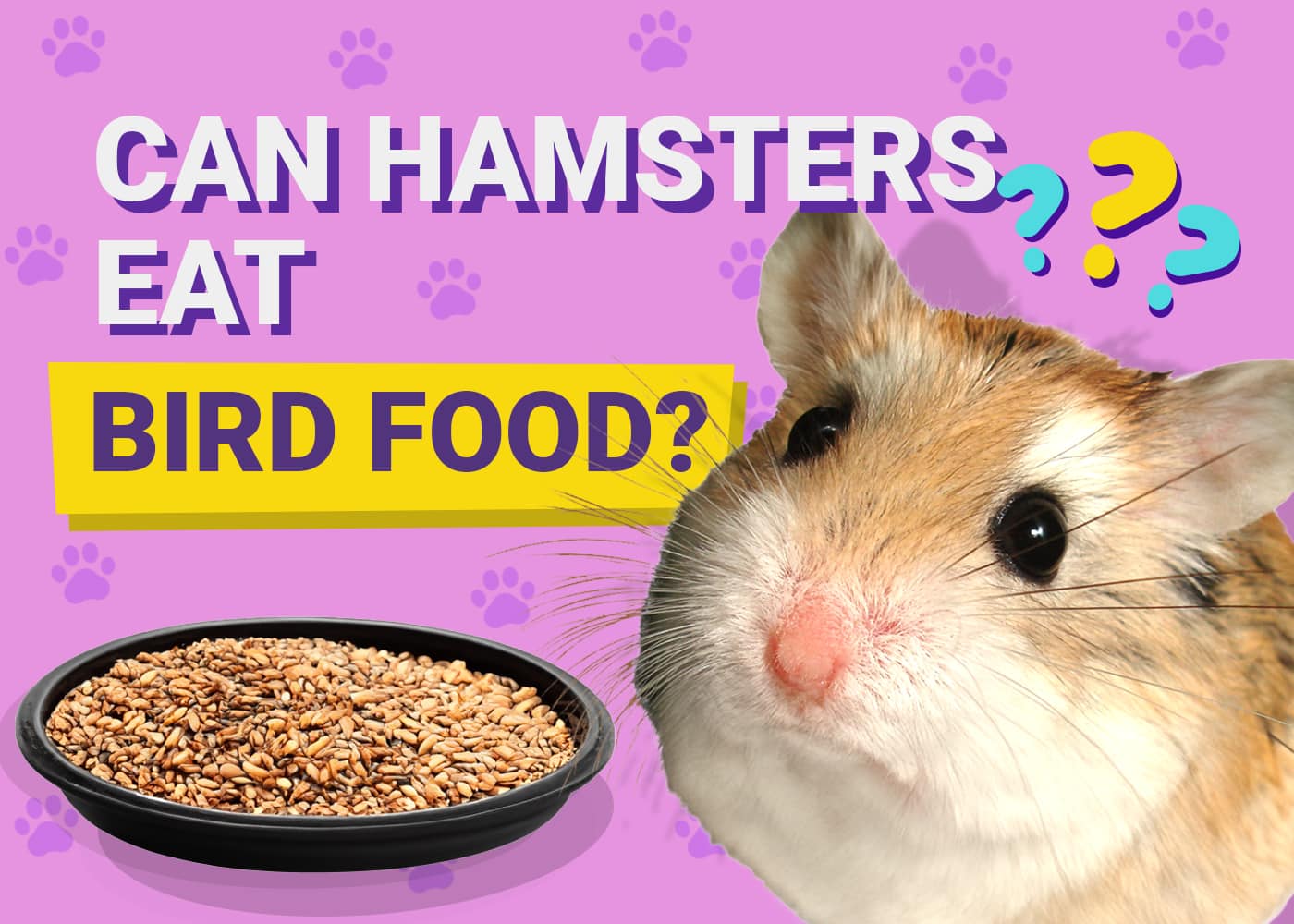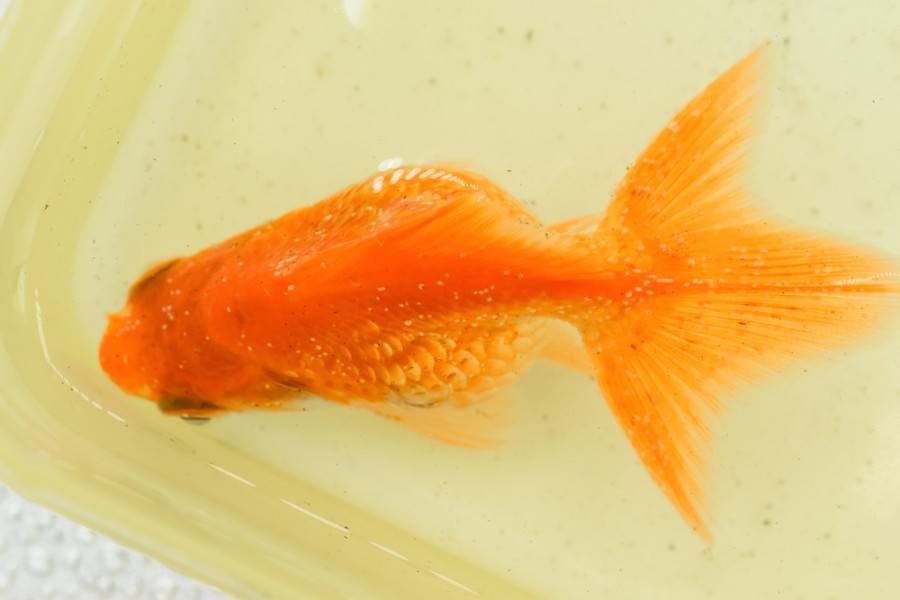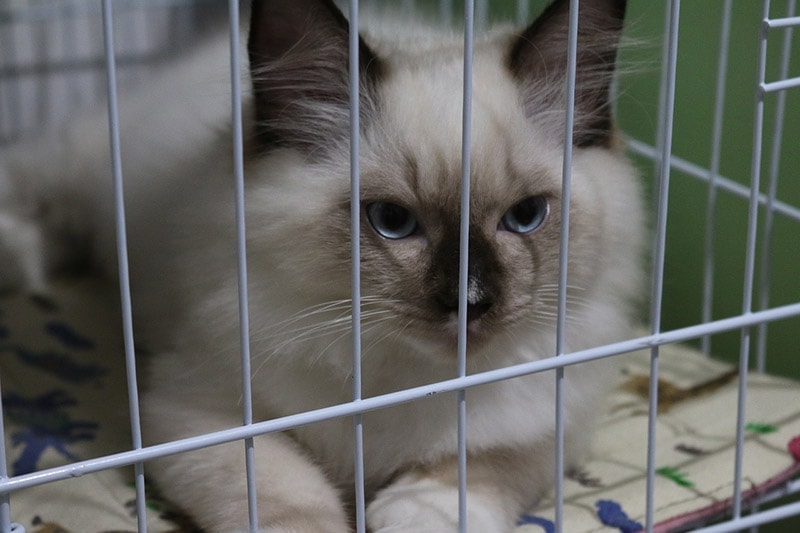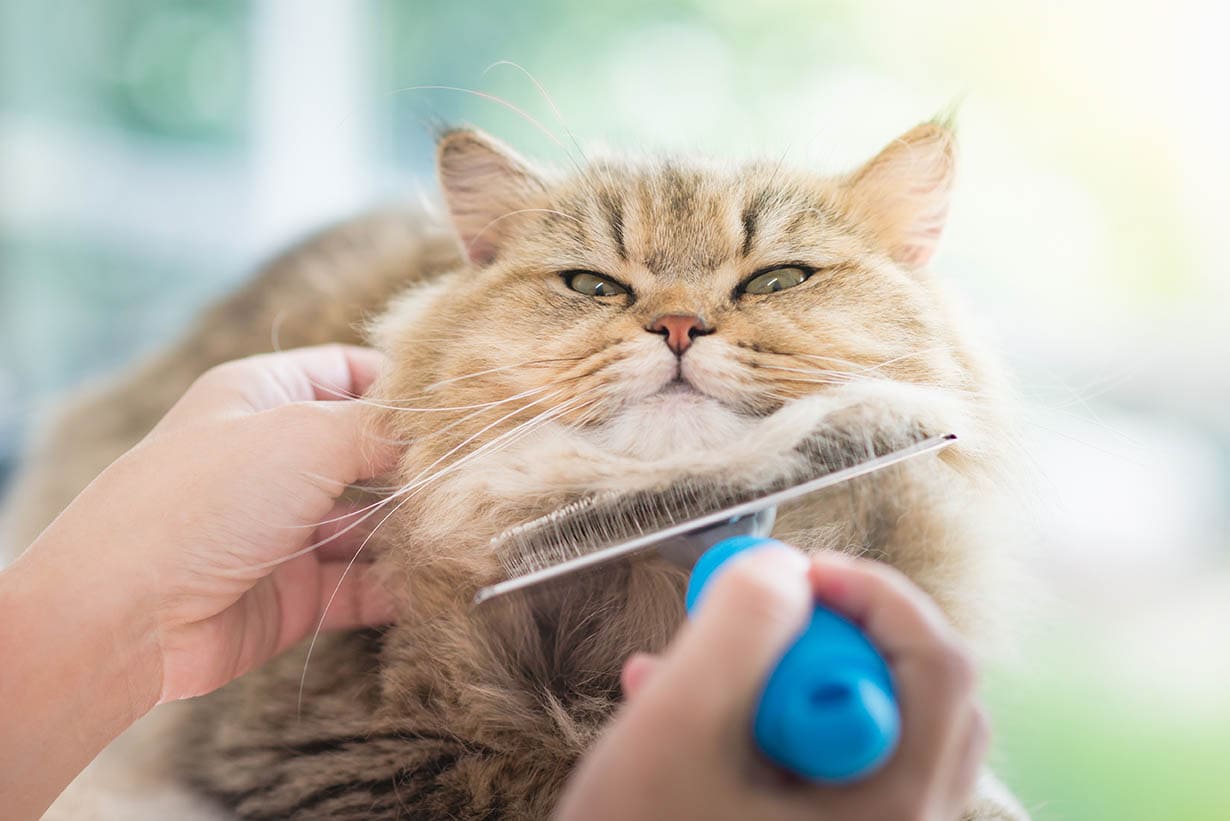VET APPROVED

The information is current and up-to-date in accordance with the latest veterinarian research.
Learn more »In the wild, hamsters eat a wide variety of plants, seeds, fruits, and even insects, and it is this variety of food that keeps them healthy and happy. As pets, owners often make the mistake of feeding them one type of food, and this can lead to an unbalanced and unhealthy diet. That said, the most common food fed to hamsters is commercial hamster pellets, and these specially made pellets should meet all their nutritional requirements.
Besides commercial pellets, hamsters also enjoy the occasional treat, and this can include safely-sourced insects, veggies, fruits, nuts, and seeds. You may have a pet bird at home and wonder if you can feed some of your bird’s food to your hamster as a treat. But can hamsters eat bird food? Is bird food safe for hamsters? The shortest and safest answer is no, bird food is not a balanced diet for a hamster. However, it is a bit more complicated than that; the answer largely depends on the specific type of bird food. In some cases, your hamster can safely eat bird food as a treat.
In this article, we take a look at the potential benefits and the potential hazards of giving bird food to your hamster. Let’s get started!

Different Types of Bird Food
First, it’s important to note that there are several different types of bird food commonly used by bird owners, all of which have varying degrees of quality. There is a wide variety of ingredients that fall under the umbrella of “bird food,” and this is an important consideration before giving it to your hamster.
The most common birdseed mixes contain varying amounts of the following:
- Sunflower
- Pumpkin
- Safflower
- Thistle
- Millet
- Corn
- Peanuts
- Sorghum
- Rapeseed
- Sesame
Other than seed mixes, most bird owners will have commercial bird pellets too, and these can contain a wide variety of seeds, grains, fruits, and vegetables, depending on the brand, and are often fortified with vitamins and minerals that are essential for birds. While seed mixes are generally fine to give your hamster, these commercial pellets may contain ingredients that you do not want to give your hamster, so you should take extra care when reading the ingredient list.
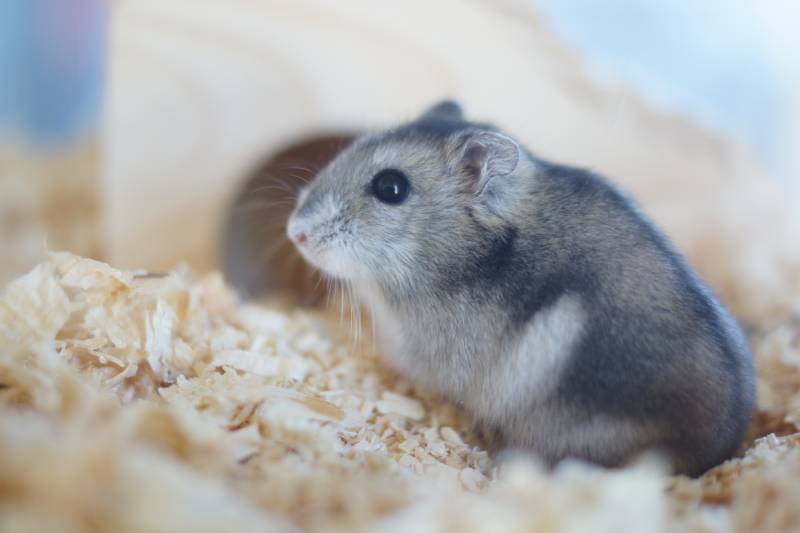
Potential Benefits of Feeding Bird Food to Hamsters
With the wide variety of seeds contained in bird foods, there are loads of benefits to be obtained by your hamster. That being said, seeds contain a large amount of fat and should only be given to your hamster in moderation. Sunflower seeds, common in bird food, are rich in healthy fats, protein, fiber, and essential minerals like magnesium, iron, and zinc.
Pumpkin seeds can also be offered to hamsters as occasional treats. Their hard shell gives your hamster a great dental workout, they promote natural tooth wear, and they provide beneficial nutrients like protein, healthy fats, and minerals, including magnesium, iron, and zinc.
Potential Risks of Feeding Hamsters Bird Food
The number one concern with feeding birdseed to your hamster is the fat, and sunflower seeds and pumpkin seeds contain high amounts of fat, along with most other seed varieties. This is why they should only be given in moderation. A small handful of mixed seeds once every three days is suitable, but they shouldn’t be a part of your hamster’s daily diet. While they can be a nutritious treat in small amounts, their high fat content can contribute to weight gain if overfed. Excessive intake of any high-fat food may cause digestive upset in hamsters.
Also, bird food cannot replace your hamster’s regular diet because it does not contain the nutrients that they need to thrive. Hamsters need food high in fiber and low in fat, and bird food generally contains high amounts of fats from seeds.
Be sure to check the bird food mixes for other ingredients, too. Some bird food varieties contain dried fruits, some of which may be harmful to your hamster in excess due to the large amounts of sugar. If you have a diabetes-prone Campbell’s, Winter White, or Hybrid Dwarf hamster species, this alone can represent a risk.
These dried fruits may also have artificial preservatives that are unhealthy for hamsters. Commercial bird pellets may also contain artificial colorants and preservatives that you don’t want your hamster ingesting. It’s important to remember that bird pellets are formulated specifically for avian nutritional needs, not rodents’, so feeding them to hamsters will not provide a balanced or species-appropriate diet.
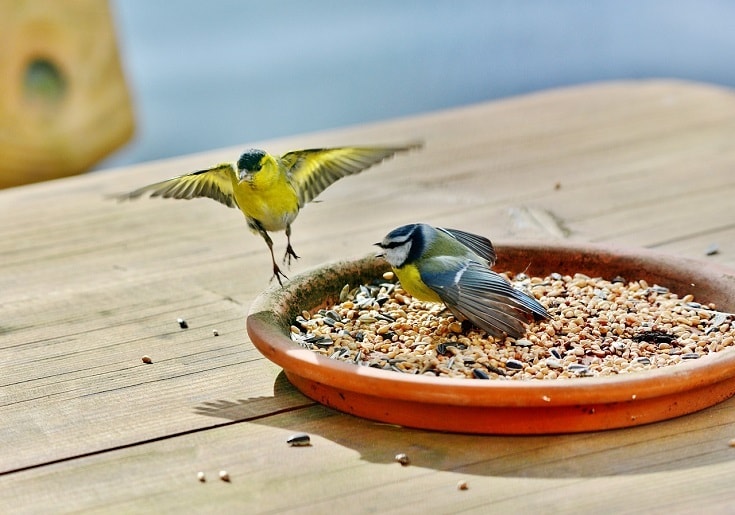

Conclusion
As an occasional treat or accidental ingestion, bird food is generally safe for hamsters. However, some brands and varieties of bird food may contain ingredients that are potentially harmful to hamsters, so be sure to check the ingredients carefully beforehand. The main concerns are the high sugar and fat levels in these bird mixes, as well as the fact that some hamster species are especially susceptible to diabetes and excessive weight gain. In summary, a small handful of bird food is unlikely to kill your hamster, but this food is simply not balanced for their species, and ingesting it too often will harm your hamster’s overall health.
Related reads:
